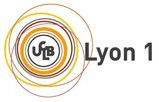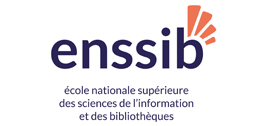PhD Position - Mechanics of living tissue during embryo development
Project summary
During the development of living organisms, large-scale movements of tissues occur to sculpt the adult form from a single fertilized egg. The mechanics of these deformations is poorly understood, although their driving forces are known to originate in the subcellular dynamics of filaments of actin proteins, which are contracted by the action of myosin, a motor-molecule. Understanding the self-organizing capacity of networks of actin and myosin and how this is controlled during development to generate appropriate form is one of the great current challenges at the interface between physics and biology. The objective of this PhD project is to work on physical models of the subcellular dynamics of these filaments, and of the resulting tissue-scale dynamics of cells, in order to understand how the molecular processes give rise to the correct morphogenetic movements. The models will be based on convection-diffusion-reaction and rheology equations. More details are available on J. Etienne's website.
Location and practical aspects
3 years PhD fellowship offer. The successful applicant will be hosted by the Laboratoire Interdisciplinaire de Physique (LIPHY), Université Grenoble Alpes, in collaboration with the Dept. of Physiology, Development and Neuroscience (PDN), University of Cambridge. He/she will work under the supervision of Dr Jocelyn Etienne (LIPHY), and with Dr Guy Blanchard (PDN).
The gross salary will be 1787 euros/months, equivalent to a net salary of 1452 euros/month (inclusive of health insurance).
Qualifications of the applicant
Applicants should have a Masters degree (or equivalent) in mechanics or physics. He/she should be comfortable using both analytical and numerical approaches to analyse the behaviour of the models. The numerical resolution will be done in the finite element C++ library Rheolef (website), which specializes in nonlinear rheology problems and is co-developed by Jocelyn Étienne.
Applications
Interested candidates should send a letter detailing the motivation and relevance of the applicant's background for this particular project (max. 300 words), a full CV and the names and email addresses of three referees. Please direct enquiries to Jocelyn Étienne or Guy Blanchard, and send applications to Jocelyn.Etienne@UJF-Grenoble.fr by 24 May 2015.










